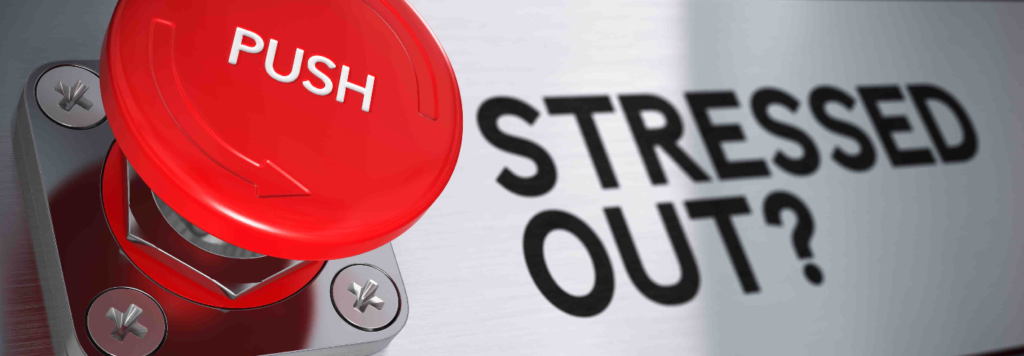 Emotional Intelligence can decrease the stress of the EPPP.
Emotional Intelligence can decrease the stress of the EPPP.
Emotional Intelligence, or EQ, is the ability to effectively express, understand, and manage your own feelings. It also includes the ability to successfully engage and navigate the feelings of others. Because EQ is the ability to manage feelings, those who have a high EQ are better able to manage stress; an important quality when it comes to preparing for the EPPP.
Unlike a person’s Intelligence Quotient, or IQ, EQ can be improved. A person’s IQ does not drastically change over time. Approximately 90% of high performing employees have a high EQ whereas 80% of low performing employees have a low EQ. Conclusively, EQ can be a determining factor of success. Furthermore, the higher your EQ, the less overcome by stress you are.
Ultimately, EQ is an important part of effectively studying for the EPPP. Here are 3 ways to increase your EQ and subsequently decrease stress during the EPPP preparation process.
- Reduce Negative emotions
One way to increase your EQ is to increase positive emotions and reduce negative ones. This can be done through gratitude. Expressing gratitude literally detoxifies your brain and over time can drastically reduce stress and increase your emotional intelligence. Gratitude also has many health benefits such as decreasing anxiety and depression and improving sleep.
A practical way to express gratitude while you prepare for the EPPP is to put a positive mantra in your study space. Think of an encouraging phrase that grabs you, write it down, and pin it where you can see it whenever you are studying.
- Express your emotions when necessary
Per Dr. Travis Bradburry, co-author of Emotional Intelligence 2.0 emotionally intelligent people have four main skills:
- Self-awareness
- Self-management
- Social awareness
- Relationship management
To increase your EQ, learn to appropriately express your emotions by first understanding what emotions you are experiencing and then expressing them in a safe environment with someone you trust. Practice appropriately expressing your emotions when you are stressed and overwhelmed with studying for the EPPP.
- Be proactive
When it comes to adversity, be proactive instead of reactive. For example, if someone upsets you, be proactive about your response to them. Take a deep breath and respond calmly instead of reacting out of being upset.
When it comes to studying for the EPPP, be proactive about stress. Don’t let your study schedule happen to you, create one before all the study materials and practice tests pile up with little time to learn anything. Procrastination, though, is not always the only thing that will cause stress. Studying for the EPPP in general can be a stressor. Therefore, expect the stress and be proactive about how you will manage it when it happens.
Resources
Ni, P., M.S.B.A. (2014, October 5). How to Increase Your Emotional Intelligence ― 6 Essentials. Retrieved May 22, 2018, from https://www.psychologytoday.com/us/blog/communication-success/201410/how-increase-your-emotional-intelligence-6-essentials
Further Reading





